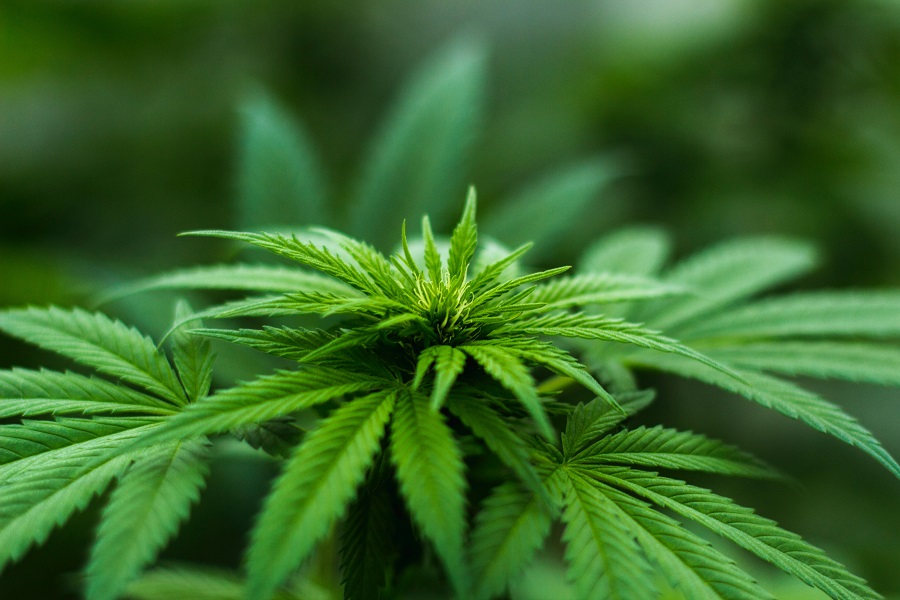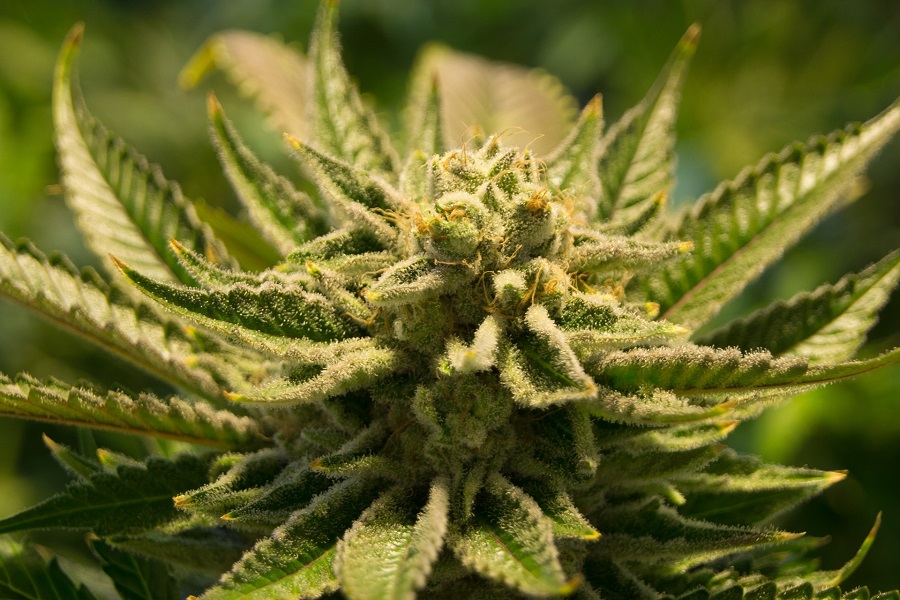OPN sat down with April Crittenden, chief certification officer at CCOF, to talk about the growth of organic hemp.
OPN: What is the current state of organic hemp in the United States?
AC: Since the 2018 Farm Bill made industrial hemp legal, there has been a lot of excitement and inquiries coming from CCOF clients and potential leads.
We have a total of twenty-two growers currently producing hemp, representing about 1500 certified organic acres.
We have five operations that have added hemp to their existing parcels, and five that brought in new acreage for hemp production. We have ten operations new to CCOF who are just growing hemp in 2019.
There are another 400 acres in new applicant status that haven’t yet been granted certification.
We also certify seventy-five organic hemp products that range from hand cream, to hemp cheese. I think we will continue to see a wide diversity in products as the market opens up.
California has been relatively slow in production, and I think we will continue to see growth once USDA gets their regulations rolled out and CDFA issues more licenses.

OPN: How sustainable a crop is hemp to grow?
AC: Hemp is incredibly sustainable for a myriad of reasons. It builds the soil and requires little to no pesticides. No pesticides are registered for hemp in the state of Colorado, because the producers just haven’t needed them.
It can be a dual harvest crop so with the right varieties’ producers can get two harvests from one crop – the seed can be processed for oil and then the fiber for textiles and manufacturing.
It uses about 1/3 of the water that corn uses. It’s a great crop for rotation where the degradation of soils and increased drought has deteriorated the soil structure.
I see this crop providing a lot of opportunity for growers, processors, the economy and the environment – it’s a big win!

How has CCOF helped with the regulatory process?
AC: People were so excited at the end of 2018 when they thought they could grow organic hemp. We were all disappointed when the USDA announced that producers would have to meet 2014 Farm Bill conditions which requires cultivation under a state or university research or pilot program.
CCOF created a document for producers to self-attest as to how they meet the 2014 Farm Bill requirements. We also provide access to additional resources and tools on our website, so operations understand compliance factors.

What are some of the biggest challenges that growers are experiencing?
AC: A lot of people are concerned about standardizing the testing for THC. In order for it to be consider hemp it has to have less than .3% THC. Standardizing the testing process so that there is a level playing field across the states is one of the challenges the USDA is considering now.
Growers still face the challenge of finding viable seed and transplants, because of the long period of prohibition we don’t have a large seed bank. In response to this issue the USDA has permitted importation of hemp seed.
We will have to wait and see draft regulations for the 2018 Farm Bill this fall. They want producers to be licensed by their state and have tasting in place, so it doesn’t contain the amount of THC that cannabis has.
.jpg)
Why is hemp an important alternative for organic growers.
AC: There is a lot of potential for producers to expand existing production to incorporate hemp as part of their crop rotation. We want to encourage producers do the research to find the right cultivars and network to determine how they can integrate it into their system.






